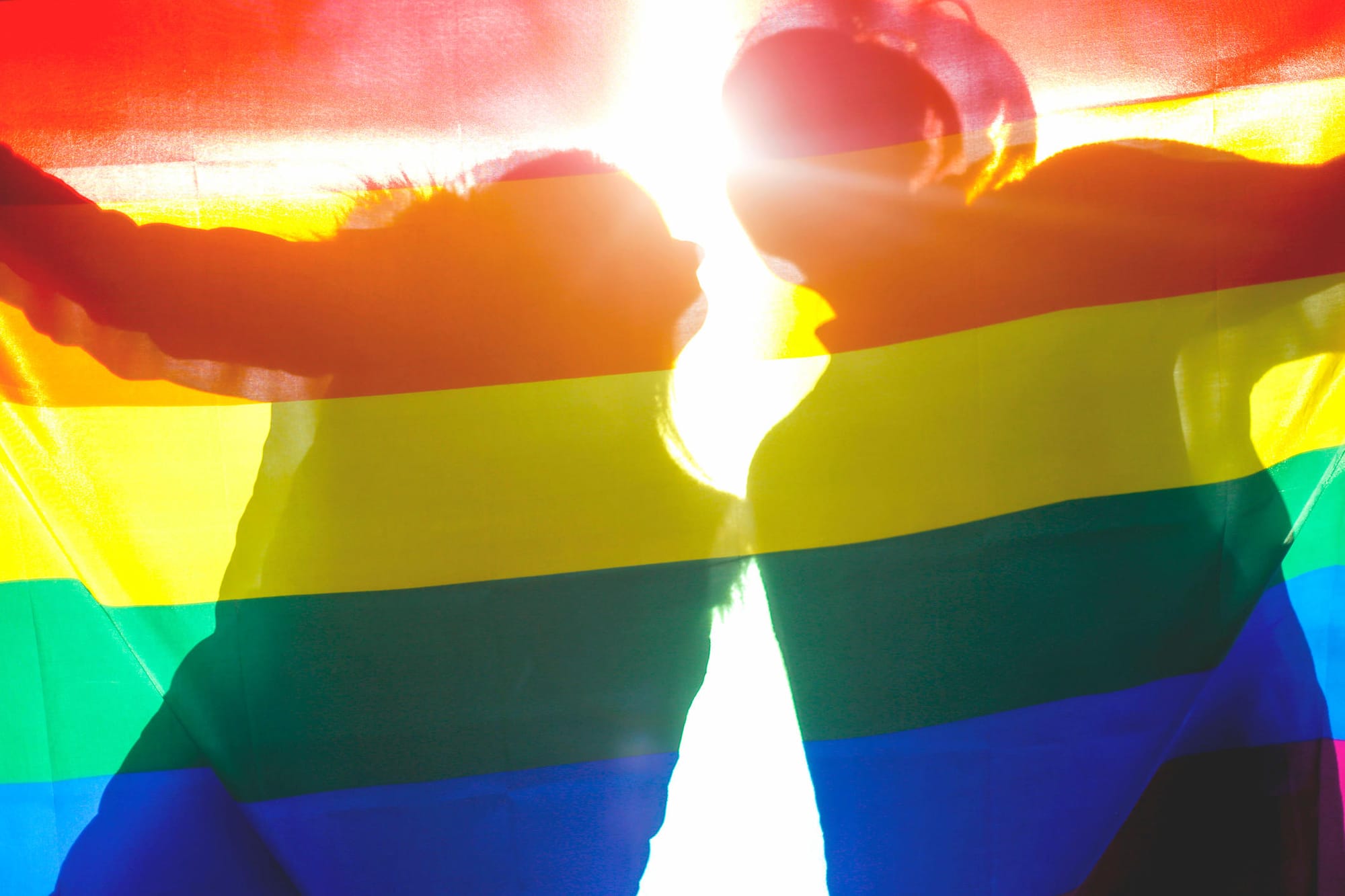
When the nation voted yes to same-sex marriage it decided an Australian’s right to wed whomever he or she chose was more important than the rights of the devout to discriminate against gay couples on religious grounds.
Nevertheless Prime Minister Malcolm Turnbull, who gladly presided over changes to the Marriage Act to allow same-sex marriage, also set up a review into religious freedom. The review, which received more than 16,000 submissions from individuals and organisations between 14 December 2017 and 14 February 2018, has been widely seen as a way of appeasing conservatives in the Coalition who opposed same-sex marriage.

What does religious freedom mean in relation to same-sex marriage? In the lead up to the marriage plebiscite, ‘no’ campaigners often cited the case - taken from the US - of the Christian baker whose principles would be compromised if he were forced to bake a same-sex wedding cake.
Should Australian laws be amended to protect the baker’s rights?
Constitutional expert Luke Beck, an associate professor of law at Monash University doubts whether this is necessary – and not only because he does not know of any conflicted Aussie bakers. Dr Beck sent a written submission to the inquiry, and in February was also questioned by members of the panel in Sydney.
He told the inquiry that “there has never been a threat to religious freedom simply because the law allows divorce, even though some people have religious objections to divorce. It will be the same with same-sex marriage.”
The review is led by Liberal veteran Philip Ruddock (while he was attorney-general in 2004, Mr Ruddock introduced legislation banning same-sex marriage) and was originally due to hand down its report on 31 March, but this has been extended to 18 May.
His expert panel consists of the president of the Human Rights Commission Rosalind Croucher, former Federal Court justice Annabelle Bennett, prominent Jesuit Father Frank Brennan and Queensland University law professor Nicholas Aroney.
Dr Beck’s submission on religious freedom in Australia was wide-ranging, touching on issues such as parliamentary prayers (which he says discriminates against non-Christians) and the offence of blasphemy (which he believes is anachronistic). During his appearance before the panel, he was told the review had the narrower focus of religious freedom as it pertained to same-sex marriage.
“The questions and discussions were almost entirely about religious exemptions from anti-discrimination laws,” he says. “Ruddock concluded the meeting by saying his current leaning is towards a ‘minimalist model’ to ‘reassure’ people that their right to religious freedom is secure.” But Dr Beck said Ruddock did not explain what this might mean.
'There has never been a threat to religious freedom simply because the law allows divorce, even though some people have religious objections to divorce. It will be the same with same-sex marriage.'
Religious freedom “is not harmed simply by other people living their lives in a way you don’t like", he says. Besides, “using the law to compel people to live their lives in accordance with your religious beliefs is the very opposite of religious freedom. Nobody should be compelled by law to conform to other people’s religious beliefs.”
The inquiry is unusual because the hearings were not public, and were not recorded. “The Ruddock Religious Freedom Review panel looks set up to be FOI-proof,” he says.
Before his February appearance, Dr Beck tweeted that the closed hearings were a “troubling departure from standard law inquiry practice”. He was not aware of who else had spoken to the panel, for instance, and what they might have said.
Dr Beck says a more usual practice is for the submissions to be made available as they are received, and for the list of people who are called to be provided as they appear. The list will be published after Ruddock makes his recommendations in May. The written submissions will also be released at that time.
Dr Beck is not the only one to have expressed unease at the panel’s process.
Suzanne Eastwood, a member of the Australian Capital Territory’s LGBTIQ ministerial advisory council, also appeared before the panel with council chairwoman Anne-Marie Delahunt. Ms Eastwood later wrote to fellow council members to say that she and Ms Delahunt were “alarmed to say the least about the type of questioning and the complete lack of a ‘friend’ on the panel”.
Dr Beck shares her concern about the lack of an LGBTIQ representative. He believes the panel should also have included a member of a religious minority, and a member of a secular group.
A human rights charter would not necessarily afford greater protection to Australians than the Constitution in relation to this issue, he says. “Victoria has a human rights charter, NSW does not. The same debates about religious exemptions from discrimination laws take place in both states.”





